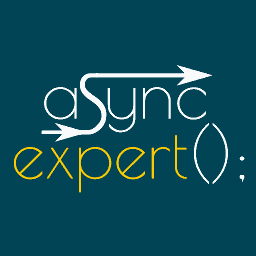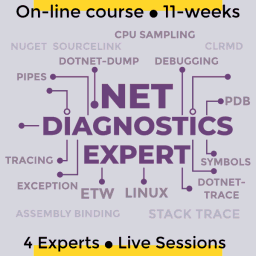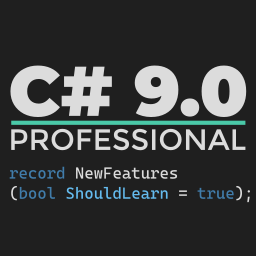My compass of async remote values
War is hell, but war is also a brutal teacher.
These words from Jocko Willink strongly resonate with a recent dense work period. They triggered me to writing down some values, let’s call them a compass, that in my opinion are powerful agents in an async remote company. Or maybe any company? Or maybe private life? In this post I’ll focus on an async remote work dimension. Mapping it elsewhere is up to you.
Clarity
The first and foremost is about speaking and writing in a clear way. What does this mean?
Over-communicate. Over-communication is so important when we can’t see the non-verbal cues and body language. Most of the time, one liners or single words won’t do as they do not convey eye-rolling, hand waving etc. These short statements won’t help to capture the context of the moment. Again, a reader might read your statement after a few hours. It might be even you, finding yourself in so much different emotional state, that the previous statement looks alien to you.
Add conditionality to your communication. When communicating asynchronously adding a healthy doses of conditional statements might both, shorten the communication and show your point much clearer. Do not hesitate using ifs and elses if they depend on an input from another person. Let them act as they were in synchronous conversation with you by adding small cues.
Do not fool yourself as you’re the easiest to fool. When discussing hard topics, do not dive into details nor provide a substitution. Be aware when you shield yourself, your ideas or another person. Discussing hard topics is just hard.
Separate causes from effects. What about 2nd order effects, or 3rd? Remember that addressing the cause might cure a lot of effects. Putting out all the fires instead of removing the matches won’t help in a long run.
Yes/No
This might look like it’s similar to the clarity. By using Yes/No I mean being definitive in what you do. Is there a progress or not? Is it finished or not? How many times (this reminds me “bad stand ups”) you heard or said
I’ve been working
The Yes/No approach also requires some kind of assertiveness. You can’t agree to everything. You should feel a kind of friction.
Ownership
Extreme or not, ownership is probably the most painful thing if your organization lacks it. Owning something means getting things done. This also means that you should clearly define boundaries. Again, I’m not saying that you should push away things. I’d say quite contrary. You should strive to own them.
One thing is to own, a separate thing is to observe the environment and map uncharted territories with no owners. This kind of awareness is vital, it requires everyone to pay attention and to find owner if there’s a lack of one.
Ownership doesn’t mean that you can’t drop the ball. This happens. It means that you don’t roll a dice by saying that it might be ok. It won’t if you don’t own things.
Owning things means that you sometime need to acquire a new skill. Your car requires new oil but you’ve never changed it before? Learn how to do it. There’s more than 100 videos in the internet about it. Or buy some time by finding a specialist outside of the company and pay them with money instead of your time. Or use copy/paste on 10 rows instead of running a complex app to do it. I don’t meant to be an alpha hero in a shining armor. What I mean is just owning things.
Finishing things
One thing is to talk about finishing, not about doing, a separate one is actually solving issues. In Progress work is totally meaningless unless it’s done. It might end with a failure, but without finishing it you can’t say is it a failure or not.
The definition of DONE consists of a single DONE. DONE is not a steak. It cannot be medium rare. It’s either done or not.
Skin in the game
I think that it might be the hardest to expect from yourself. Maybe you’re on a contract or you’re employed in a company. Do you know how long can it last when a crisis comes? Do you know that you can loose your contract/job if there’s some financial problem in a company? Again, we might argue that one or another are to important for a company to loose. This does not change my perception, that having skin in the game is vital for a healthy company. It might be hard to implement for everyone but its company responsibility to help people feel it. For instance, to make it more visible, in Dotnetos Ltd. I implemented the finance level as the number of months till the company financial death. You might not like the death reference, but it’s true from the company point of view.
Skin in the game means also that you perceive the world through your company glances. Let me elaborate on it. Imagine that another company wants to change a contract in a way that is really bad for your company. They say that it’s because a new set of rules introduced by their management or something else. I’d say that having a pro-company skew, based on the skin in the game, should encourage you to question and ask about the approach of this other company. In other words, the point of view, even with whole empathy shared during discussion should take into consideration your company.
Summary
Here they are:
- Clarity
- Yes/No
- Ownership
- Finishing things
- Skin in the game
What are your principles to create a good company/work environment? What does it mean for you? Have you written them down? Discussed? Thought about?


